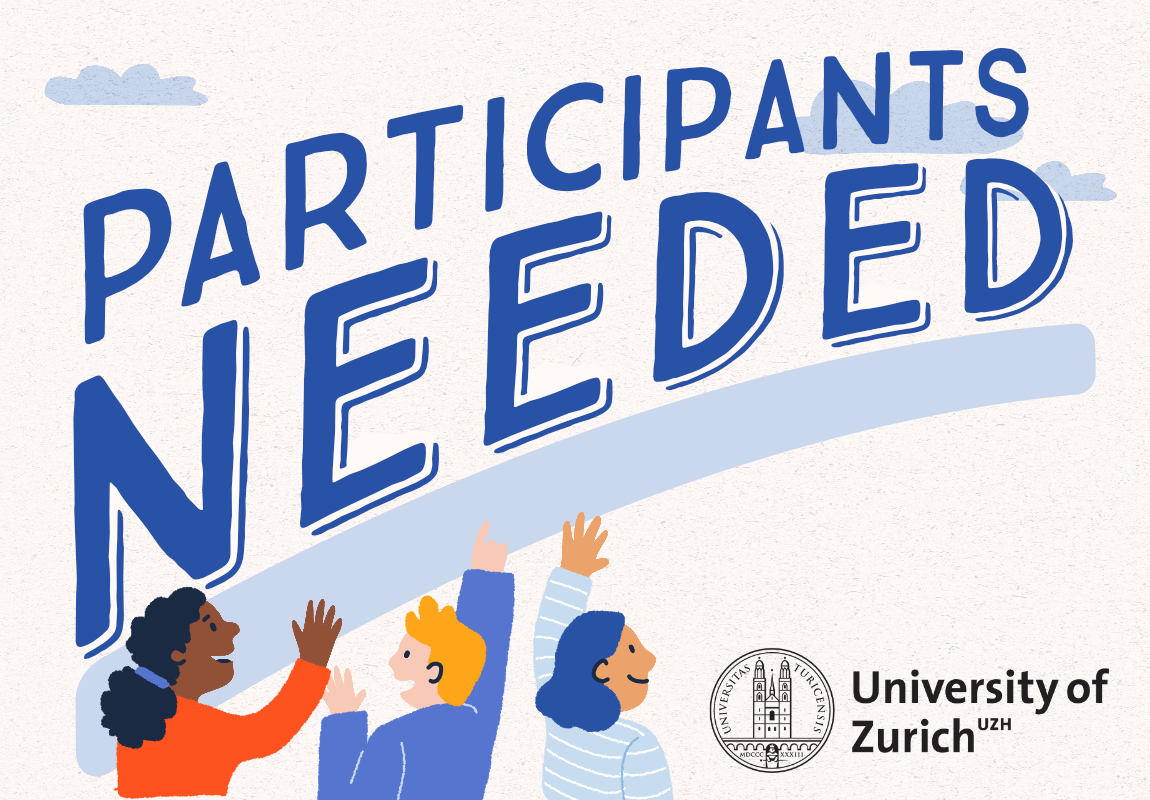Research
Humans have the remarkable ability to work together in large groups and tackle shared problems. However, successful cooperation requires to solve of a social dilemma. While cooperation allows people to achieve more than each individual could alone, group interests are often not aligned with individual interests. From an individual's perspective, if others are not willing to cooperate, it is best not to cooperate either. But even if others cooperate, individuals may be tempted to free-ride and take advantage of the cooperation of others without reciprocating this cooperation themselves. This social dilemma can quickly crowd out group cooperation, foster mistrust between group members, and even lead to conflicts in which people are willing to waste considerable resources to hurt each other.
Our research revolves around the dichotomies of group living: trust, cooperation, and pro-social norms, on the one hand, and selfishness, spite, and exploitation on the other hand. Using concepts from social psychology, behavioral economics, and theoretical biology, we aim to understand how group dynamics shape the outcome of group living, how norms emerge that foster trust and reciprocal helping, or promote unethical behavior and conflict. To that end, we use simulations and incentive-compatible, interactive experiments that allow us to simulate social dilemmas and observe complex social dynamics in a controlled environment.
Central questions we are currently interested in include:
- How do groups overcome the free-rider problem and create sustained cooperation?
- How do groups develop cooperative relationships within their group and with members of other groups?
- How can groups overcome conflict and (re-)establish cooperation?
- How do social norms emerge in groups that promote trust and mutual cooperation?
- How do social norms emerge that legitimize unethical behavior or exploitation?
- What motivates people to prioritize social or environmental goals over their self-interest?
Related publications
ZORA Publication List
Publications
-
The evolution of universal cooperation Science Advances, 9(7):eadd8289.
-
Why do people follow social norms? Current Opinion in Psychology, 44:1-6.
-
Voluntary restrictions on self-reliance increase cooperation and mitigate wealth inequality Proceedings of the National Academy of Sciences of the United States of America, 117(46):29202-29211.
-
Group Cooperation, Carrying-Capacity Stress, and Intergroup Conflict Trends in Cognitive Sciences, 24(9):760-776.
-
The rise and fall of cooperation through reputation and group polarization Nature Communications, 10:776.
-
Individual solutions to shared problems create a modern tragedy of the commons Science Advances, 5(4):eaau7296.




